Gone are the days when you had to walk out the door and march into a bank branch filled with other people in order to open a bank account.
In the digital age, it’s easier than ever to open a bank account. Now, you can do it from the comfort of your own home-without even showing your face in public.
Keep reading to learn everything you need to know about how to open an online bank account.
How to open a bank account
Here’s a breakdown of how to open a bank account online.
1. Decide what services you need
Not all financial institutions offer the same scope of services. So before you begin your search, make a list of the type of services you need from your financial institution.
Here are a few examples:
Checking account
Most people use a checking account for day-to-day transactions like buying groceries and paying bills. Checking accounts typically offer very low interest rates, but they aren’t bound by any transaction limits.
Savings account
Interest rates can vary depending on the type of bank and the type of online savings account you choose. However, at the time of this writing, most are very low.
The main thing to remember about savings accounts is they’re bound by Regulation D, which restricts them to six withdrawals per billing cycle.
Credit cards
Some banks like Capital One offer credit cards in addition to traditional banking services, allowing you to build credit and gather rewards at the same time.
Certificate of Deposit (CD)
A certificate of deposit is like a savings account with fixed interest rates instead of variable interest rates.
There’s just one catch, and it’s a big one: When you open a CD, you have to leave the money in the account for a set period of time. Some CD terms can be as short as ten days, while others can last ten years or longer.
ATM access
Not all banks offer ATM access. Some require you to transfer money to another account to liquidate it. Others require an ATM fee to make a withdrawal.
Decide if you need access to ATM withdrawals so that you don’t get surprised when you don’t receive a debit card in the mail.
Money market
Money market accounts act like checking and savings accounts, as they have higher interest rates. The main difference is that interest rates are based on money markets.
Money market accounts come with debit card access for checking and savings. But they also tend to have a higher monthly maintenance fee and minimum balance requirements.
Brokerage services
If you’re looking to invest in the stock market, you’ll need to open a bank account from a firm that offers brokerage services.
Examples of brokers include Schwab, E*Trade, and Fidelity.
Retirement accounts
A retirement account is like a brokerage account, but it requires locking your money up until you reach retirement age. By doing so, you can access tax-friendly policies by delaying or deferring taxes.
Examples of retirement accounts include 401(k)s and traditional individual retirement accounts (IRAs) or Roth IRAs. Self-employed individuals can also open SEP IRAs and solo 401(k)s.
Learn more:
- How Much Should I Have in My 401K
- Roth vs. Traditional IRAs
- Best IRA Accounts
- How Much to Contribute to a 401k
2. Pick an online or traditional bank
Once you have an idea of the type of services you want, the next step is to locate a bank.
There are two types of retail banks, including traditional banks with brick-and-mortar locations and online-only banks.
When you open an account through a traditional bank, you’ll have the option of going into physical locations any time you require support. So, if you’re the type who likes working with local bankers, this may be the option for you.
The downside is that traditional banks like Bank of America and TD Bank offer lower interest rates. So if you’re looking for higher interest rates, you’ll want to consider an online-only bank like Ally.
3. Browse banks
The next step is to start shopping around for banks. This is where it pays to do your due diligence.
Keep the following points in mind when searching for banks:
Fees
When looking for deposit accounts like checking and savings, you’ll need to look into monthly maintenance fees and overdraft fees. Banks are notorious for offering account holders high fees. In some cases, these fees can be more than you actually produce in interest if you don’t maintain an account balance that meets minimum requirements.
When searching for investment accounts, it pays to find brokers that offer commission-free trading even though most investors don’t really trade enough for this to make a difference.
Another thing to pay attention to is management fees. Some brokerage firms charge fees for certain management features and funds.
Customer support
Customer service can vary wildly from bank to bank. Never assume that a bank offers great customer service. Look at their offerings, read reviews, and make sure you’re comfortable with what they provide before signing up.
One strategy that you can use is to try to contact the bank before you open an account. Look for a number to dial, a live chatbox, or an email address. Try to engage with customer service and see how long it takes you to get through.
It’s a good idea to open a notepad during this portion and jot down your feelings and experiences.
Mobile experience
Many people use their cell phones today for just about everything. So chances are mobile banking should be top of mind when vetting banks.
The bank should have a robust and secure app that’s easy to use and loaded with features like mobile deposit and credit monitoring. Steer clear of online banking that doesn’t offer a stellar mobile experience.
*must setup direct deposit within 90 days to earn bonus cash.
Learn more:
- How to Pick a Bank
- Best Mobile Banking Apps
- Best Bank Account Bonuses & Promotion Offers
- Should I Keep All My Money in One Bank Account?
Security
Online bank accounts are a top target for cybercriminals. So make sure that the bank offers strong security like multi-factor authentication, full encryption, and real-time monitoring.
Incentives
Banks often offer special incentives for signing up or registering friends and family members. Poke around and try to find a bank that offers a cash bonus or another type of reward. Current Bank is an example of an online bank that offers unique rewards based on your spending activity.
You might also want to check to see if the bank you’re considering supports Zelle, which makes it easy to send money to friends and merchants.
4. Open an account
After you thoroughly vet all of your available options, open an account and follow the instructions for funding it.
Most bank accounts will make you wait at least a few days for the funds to clear, so be patient while the money goes through.
Here are some things to think about during this time:
Paperless statements
Banks often offer special incentives to encourage customers to ditch paper in favor of electronic statements for online checking accounts. Consider doing your part to help the planet and reduce clutter in the meantime.
Wherever you ultimately decide to open an account, look into setting up paperless statements through the bank.
Learn more:
Automatic deposits
Consider opening two accounts at once: a checking or savings account and an investment account. Then, link the bank account to the investment account so that you can make regular investments on a monthly basis and grow your nest egg.
Mobile bill pay
It’s also a good idea to set up recurring monthly bills with your new account if you’re in a position to do so. This way, you can make sure that you continue to make monthly payments on time and avoid late payment fees.
Now that you know all about how to open a bank account, let’s review some of the most common bank-related questions.
What you’ll need to open a bank account
Opening a bank account is very similar to doing it in person. It starts with having the right documentation in place.
To open a bank account online, make sure that you have either a valid driver’s license or another type of government-issued identification, like a passport. You’ll also need to provide your full name, address, phone number, email address, and Social Security Number or Taxpayer Identification Number (TIN).
In addition, you’ll need something with which to make an initial deposit. This may include a debit card, direct deposit, money order, or blank check. Since you can’t make a cash deposit over the internet, you might have to link the bank to another existing account number and transfer funds that way.
Frequently Asked Questions (FAQs)
Are all banks FDIC insured?
Most banks are insured by a federal government agency called the Federal Deposit Insurance Corporation (FDIC) for up to $250,000. At the same time, credit unions are protected by the National Credit Union Administration (NCUA) for up to $250,000. This means that if the money in your account is stolen, you’ll get it back.
If you have more than $250,000 in liquid cash, it’s a good idea to spread the money across multiple institutions so that you don’t risk losing anything should the bank unexpectedly go under.
This is unlikely to happen. But it’s better to be safe than sorry.
What is a credit union?
A credit union is a type of community-owned bank. Unlike traditional banks, credit unions are owned by their own members. As a result, they offer member-centric policies like lower interest loans, higher interest checking and savings accounts, and favorable personal loans.
Unlike a regular bank, where almost any financial consumer in good standing can sign up, credit unions are exclusive.
Members need to be affiliated with a particular organization to sign up for a credit union-like a church group, school, or community.
Is online banking safe?
Online banking is safe. By law, every bank must make strides to ensure that your finances and data are secure. Furthermore, most reputable banks use leading-edge security solutions to protect customer data, including SSL, multi-factor authentication, and end-to-end encryption.
That said, hackers are known to target banks and financial institutions. And they’re good at what they do. So, from time to time, even the most reputable banks might get hacked.
In the era of the internet, this comes with the territory. But not to worry. As long as you make sure your bank is insured by the FDIC and keep your balance below $250,000, your money will be protected.
The Bottom Line
At some point in your personal finance journey, you’re going to need to open a financial account online without visiting a bank branch. Keep the above-mentioned tips in mind, and you shouldn’t have any trouble doing this.
That said, it’s not all flowers and lemonade! The tricky part is finding a bank that meets your specific needs.
Don’t rush the process. If you move too quickly and pick the wrong bank, you might not like the results-and you’ll have to find another one down the line.
So take your time and do your due diligence. Weigh your options and you’ll make the right choice. Good luck!
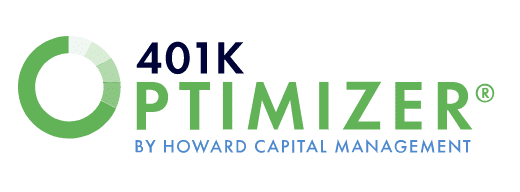
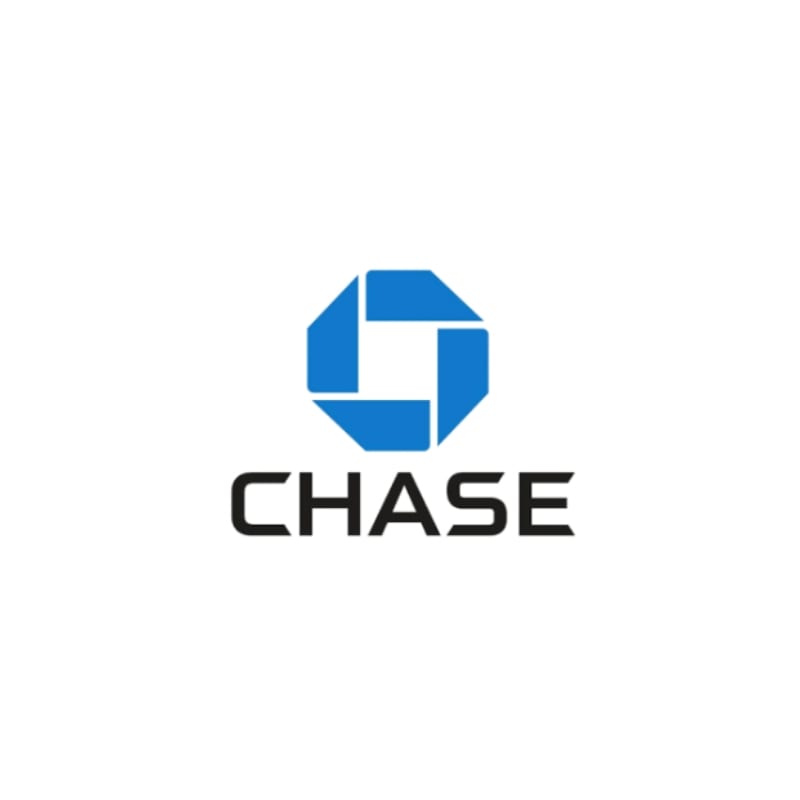
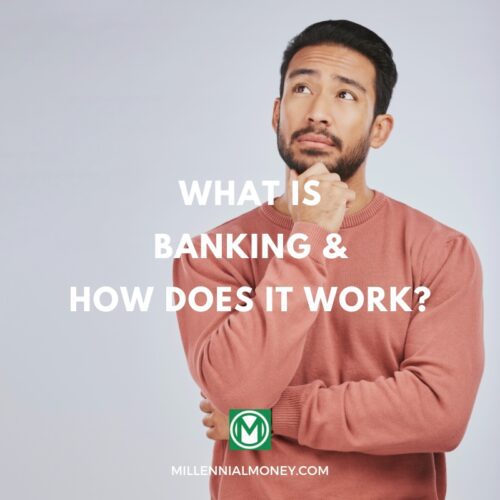
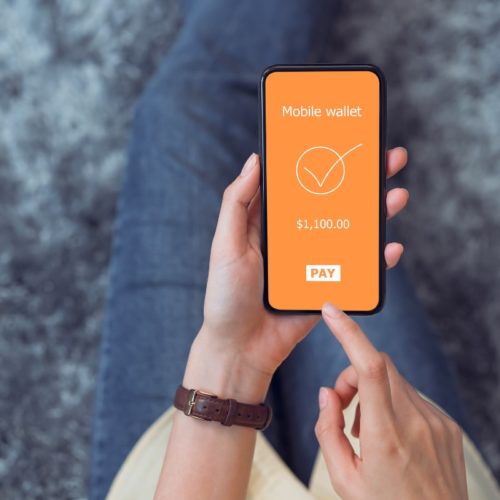
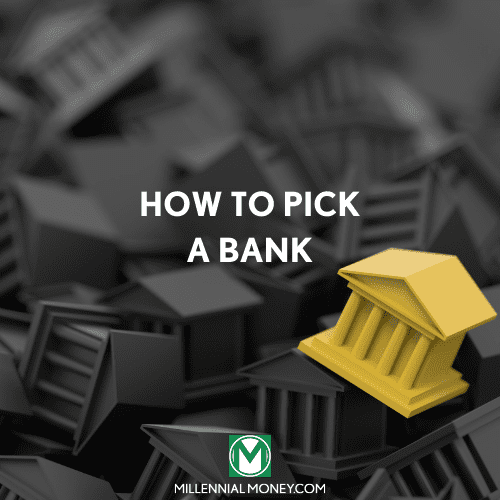


No comments yet. Add your own